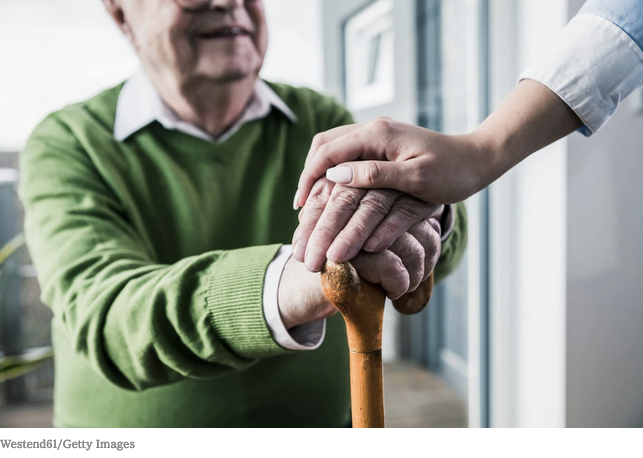Caretaking occupies a paradoxical place in the American mind.
On the one hand, we cast caretaking for babies and children as a sacred duty of the private sphere. We lionize the bonds between parents and their children in movies, songs and storybooks. We romanticize the kinds of wisdom that are passed from an aging parent to a doting child in the dusk of life. At the end of our days, it is caring — love in action — that we feel matters most.
On the other hand, we undervalue caretaking and tolerate schools, workplaces and neighborhoods designed for another era. According to the United States Department of Labor, 70 percent of mothers with children under 18 work outside the home, and mothers are the primary or sole earners for 40 percent of households, compared with 11 percent in 1960. But the United States remains off the list of 41 industrialized and developing countries that guarantee their citizens some form of paid family leave, according to the Pew Research Center. (The benefit is mandated in several states, however, including New York, California, New Jersey and Rhode Island.) The school day ends around 3 p.m. And we have a hodgepodge of living and care arrangements for the elderly and disabled, most of which are expensive, some of which have been making headlines lately for abuse and neglect.
So we ennoble narratives of caregiving while simultaneously rating it low priority. The professionals — child care and elder care providers, most of them women of color, many of them immigrants — who work so hard to fill in that cognitive dissonance are underpaid and underprotected by labor laws. (The typical home care worker is paid only $15,100 a year.) As Ai-jen Poo, author of “The Age of Dignity” and a co-director of an advocacy organization, Caring Across Generations, puts it, “This is the work that makes all other work possible.”
This is not a “women’s issue,” as it has so often been framed, even though women still do a majority of caretaking, both paid and unpaid. Nor is it an individual problem to be solved. As Sarita Gupta, the other co-director of Caring Across Generations, explains: “People are realizing that there is a care system and that it affects everyone. Everyone has a care story. Americans are starting to ask: Why is this so hard? They’re angry, confused and want to do something about it.”




